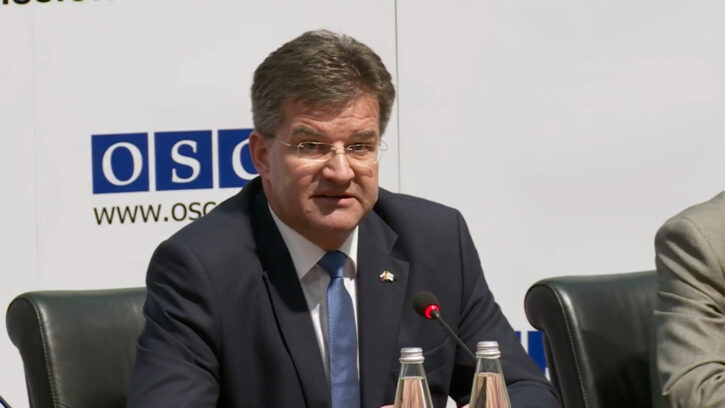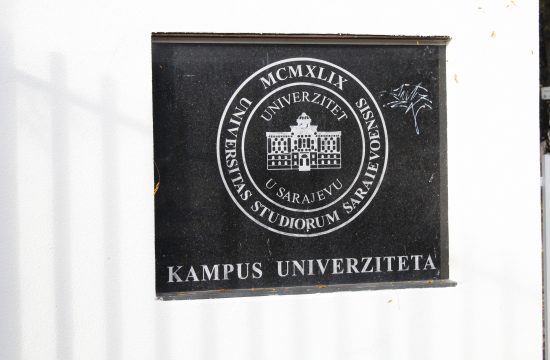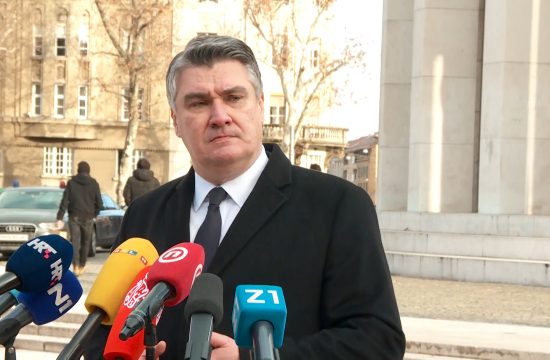
After meeting with majority leaders in Bosnia and Herzegovina, the Organization for Security and Co-operation in Europe's (OSCE) Chair and Slovak Foreign Minister Miroslav Lajcak said on Thursday he was optimistic that the government will soon be formed at all levels in Bosnia, after a standstill which lasted since last year's October general election.
Not revealing the details of his conversations with the leaders of the main Serb party – the Party of Independent Social Democrats, main Croat party – the Croat Democratic Union (HDZ BiH) and the main Bosniak party – the Democratic Action Party (SDA), he said they are all looking for a solution by which no party would have an advantage over another, but it would ensure the government formation.
“The main purpose of my meetings with the Croat leader Dragan Covic and Bosniak Leader Bakir Izetbegovic was to discuss the government formation issue. There are two main issues at stake: the relations with the NATO and the Election Law,” Lajcak said at a press conference in Sarajevo.
“As I said, I'm more optimistic after the conversations than I was before. There is a will to find a solution,” Lajcak noted, adding that everything that NATO offers Bosnia is good for the country.
He told the reporters that regardless of the fact that Bosnian politicians do not have a consensus regarding its NATO membership, the present level of cooperation with the Alliance is in the interest of the country.
Speaking about the (non) adoption of the Annual National Program which is a precondition for the activation of Bosnia's Membership Action Plan with the NATO, he said that Bosnia's membership is years away and that all relevant factors in the country must be harmonized:
“The thing that is being discussed at the political level and in the media, the adoption of the Annual National Plan – does not mean NATO membership. NATO is not able to offer Bosnia a membership. I think it's in the interest of this country to improve its Armed Forces and cooperation with NATO,” Lajcak pointed out.
He also said that the European Union realized that the future of this region is in the hands of countries and that there will be no shortcuts for joining the EU.
He called on the media to follow the 14 points that Bosnia received as an instruction from Luxembourg – and said that if Bosnia does its part of the job – the European Union will do the same.
In late May, Bosnia received the European Commission's opinion on its accession in which it said the country can join the union once it implements 14 reforms needed for the state to start functioning properly.




